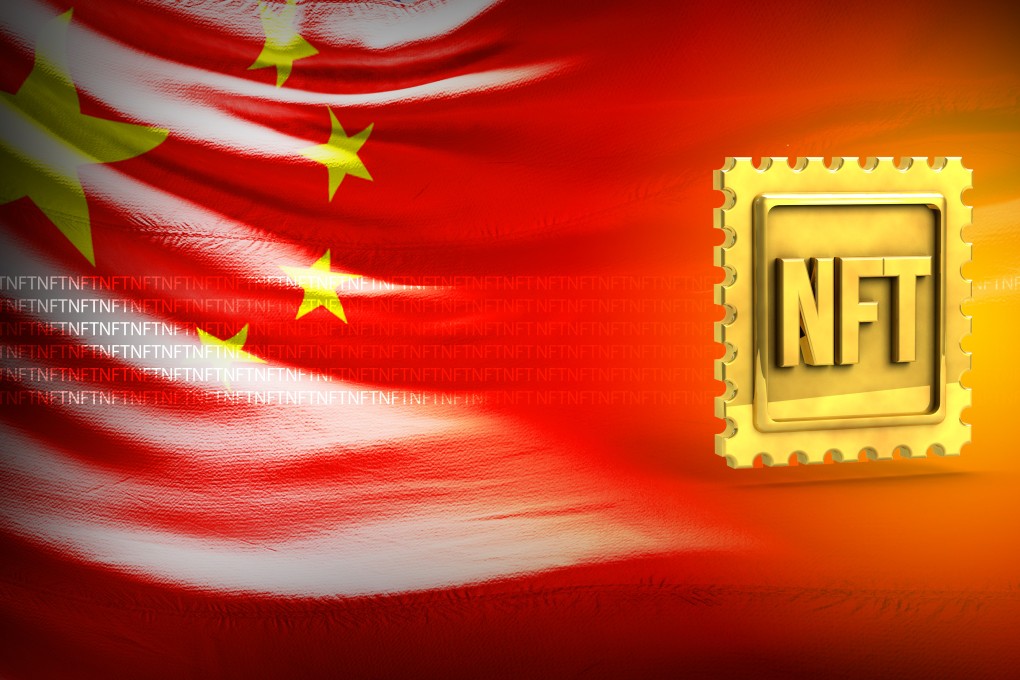China introduces state-backed NFT platform unlinked to cryptocurrencies
- The Blockchain Services Network has started testing its NFT minting and management system
- The infrastructure is based on adapted blockchains that are not tied to cryptocurrencies

China’s state-backed Blockchain Services Network (BSN) on Tuesday announced a soft launch of a nationwide infrastructure to support Chinese non-fungible tokens (NFTs), marking a key step towards creating a domestic industry that is separated from the global market and not associated with any cryptocurrencies.
BSN said the infrastructure, known as BSN-Distributed Digital Certificates (BSN-DDC), would offer “a diverse, transparent, credible and reliable” one-stop-shop for businesses to mint and manage their own NFTs without relying on cryptocurrencies, which are banned in China. Most NFTs around the world are part of the ethereum blockchain.
BSN – which is backed by state-owned telecommunications giant China Mobile, state-run payment processing provider China UnionPay, and government think tank State Information Centre – said it planned to officially launch the BSN-DDC in late March.
The 26 founding partners include accounting firm Ernst & Young’s blockchain unit, Digital Art Fair Asia, and the Hainan International Culture and Artworks Exchange Centre.
NFTs are digital assets that are authenticated and traded on public blockchains. NFTs are not illegal in China, and several tech giants – including South China Morning Post owner Alibaba Group Holding’s fintech affiliate Ant Group, Tencent Holdings, JD.com and Baidu – as well as the official Xinhua news agency – have launched NFTs using the term “digital collectibles”.
